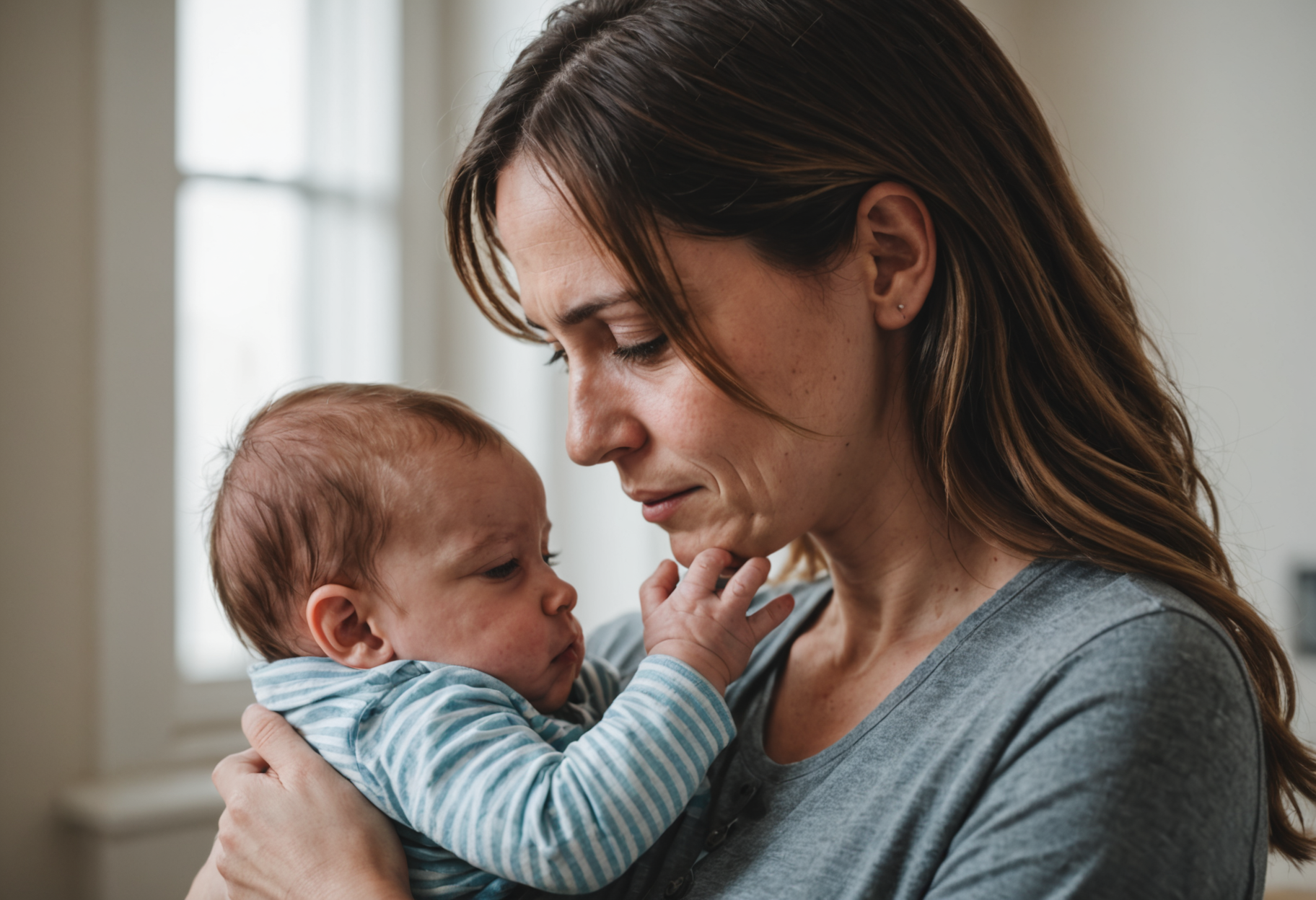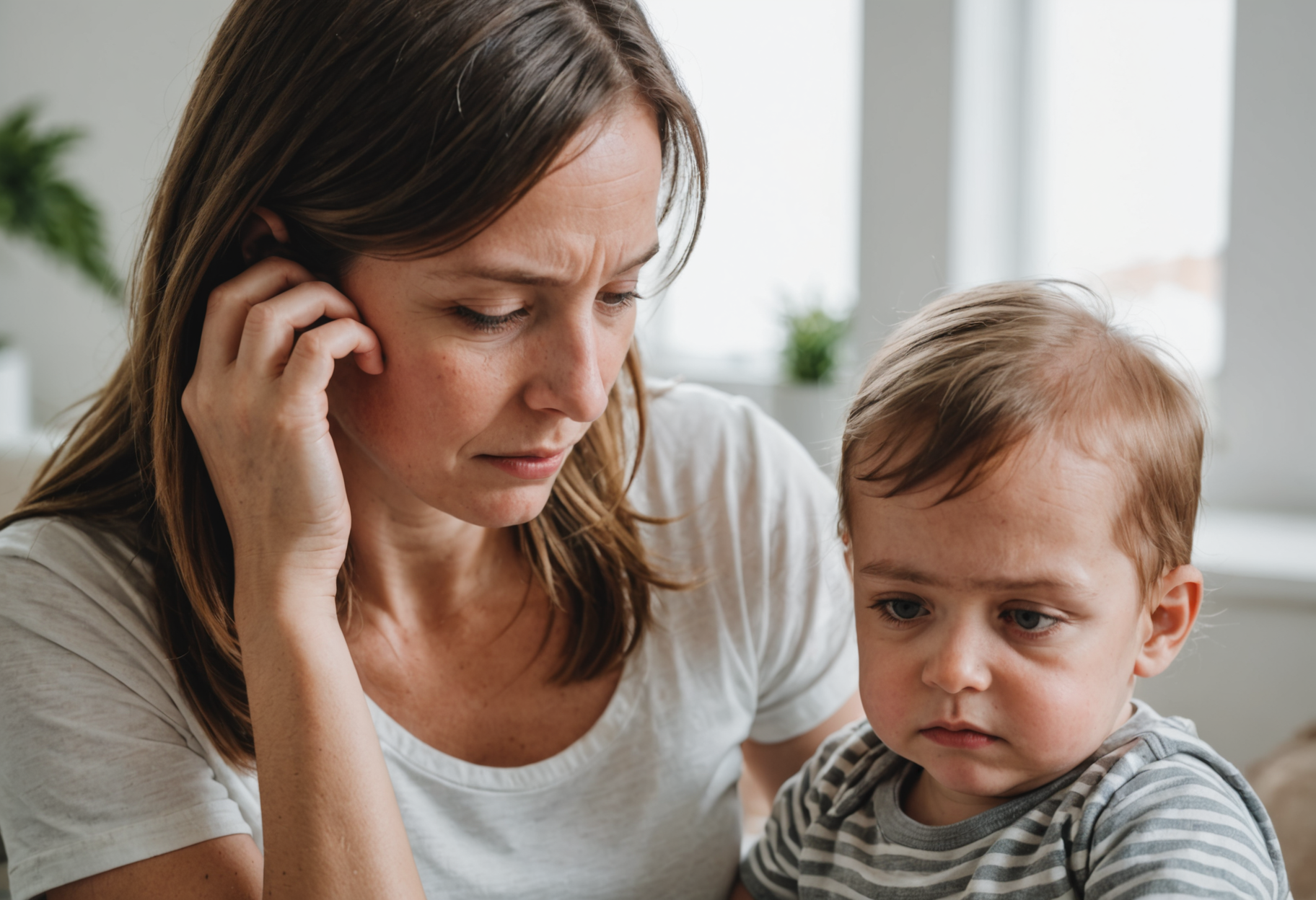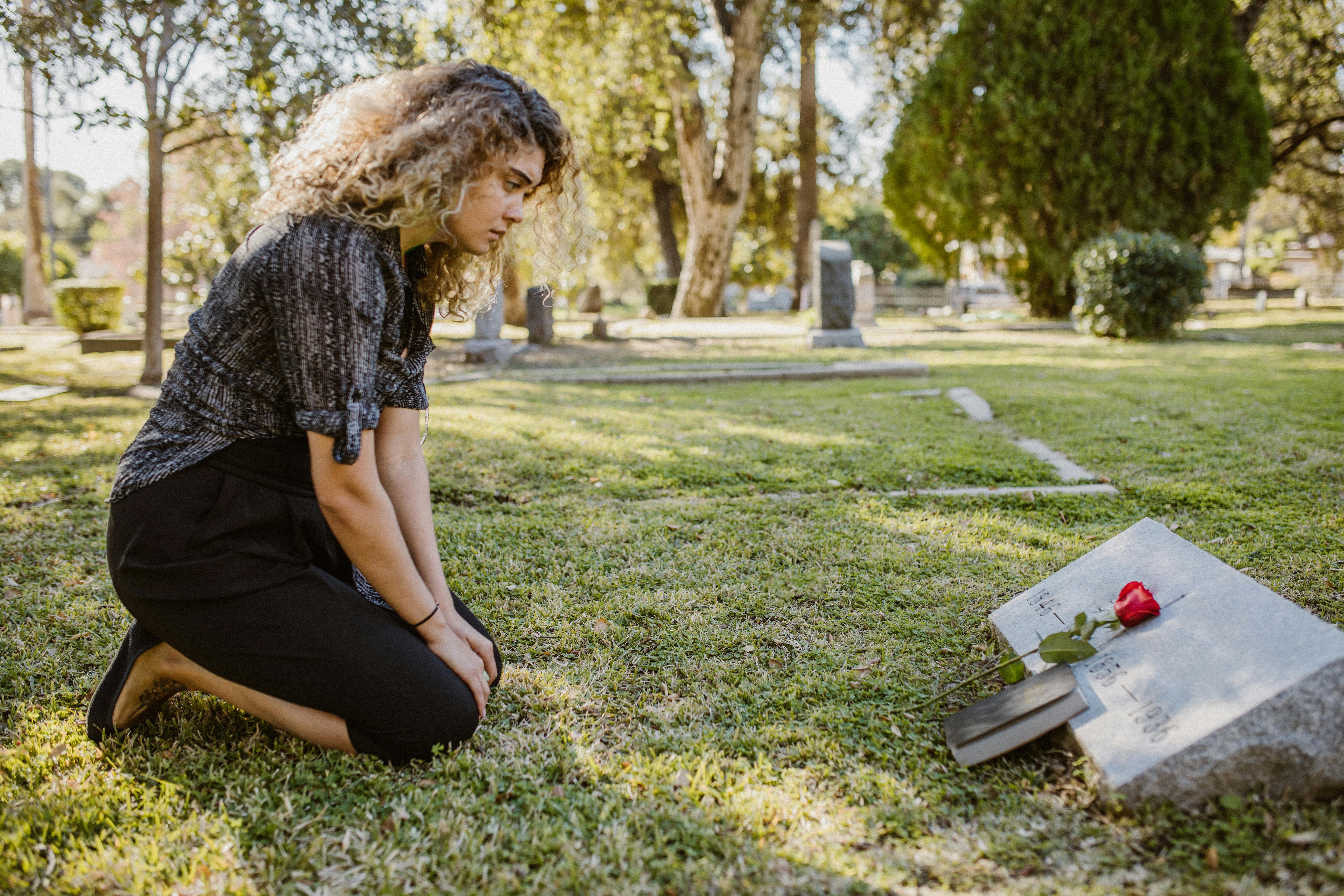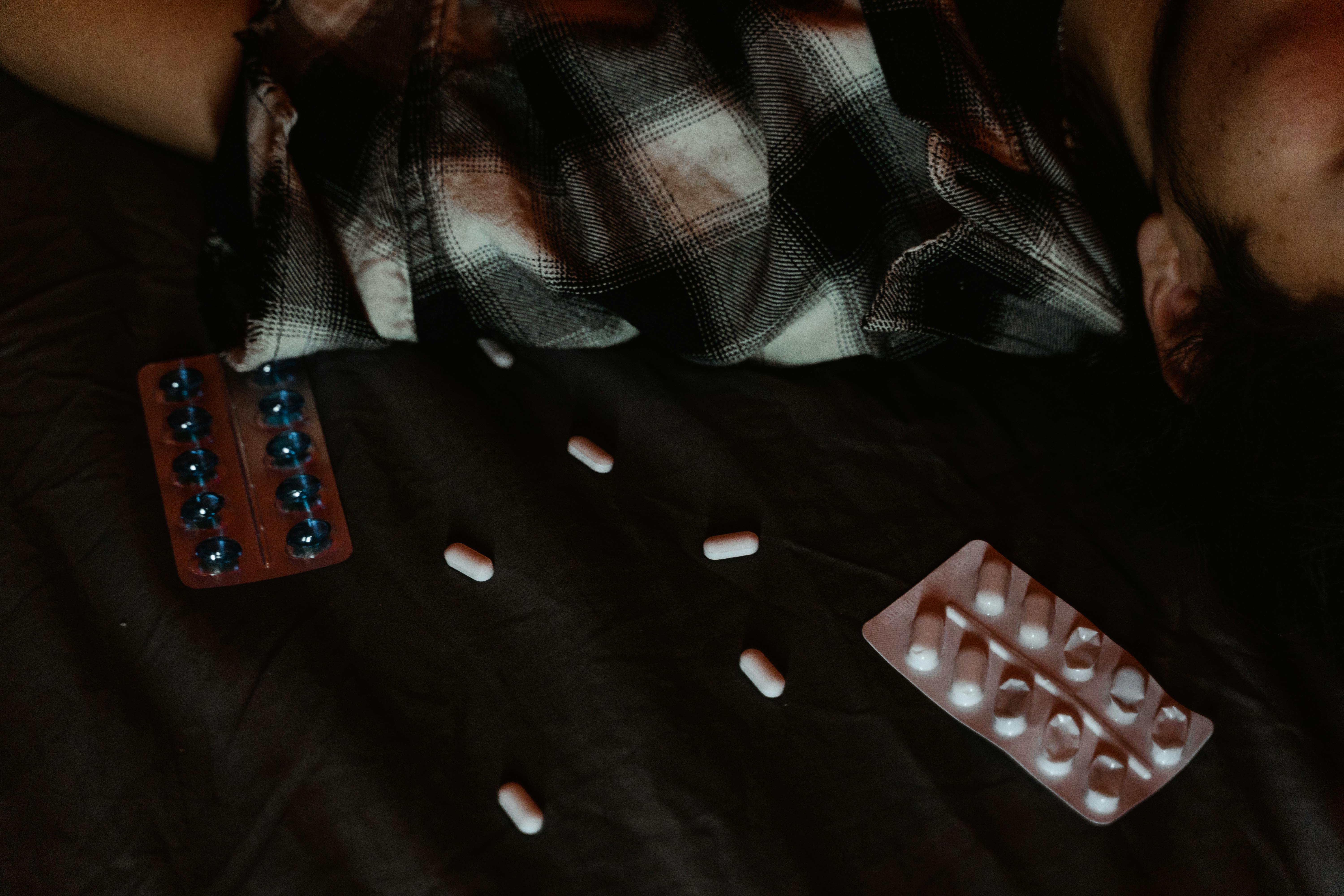Postpartum depression (PPD) is a complex mix of physical, emotional, and behavioral changes that occur after giving birth. This condition is more than just the 'baby blues' and can affect anyone who has recently given birth, experienced a miscarriage, or otherwise interacted with new parenthood. Understanding postpartum depression is critical not only for new mothers but also for their families and friends, as support can significantly aid recovery. Read on to learn about the signs, causes, and potential treatments for postpartum depression, as well as tips on how to help loved ones who may be experiencing it.
Understanding Postpartum Depression

Postpartum depression is a serious mental health condition that affects approximately 1 in 7 new mothers. Unlike the less severe 'baby blues,' which tend to resolve on their own within two weeks after delivery, postpartum depression involves more intense feelings of sadness, anxiety, and exhaustion, which can interfere with a woman's ability to care for herself and her new baby. The condition can last for weeks or even longer if left untreated..
Signs And Symptoms

Women experiencing postpartum depression typically exhibit signs such as severe mood swings, excessive crying, difficulty bonding with the baby, withdrawal from family and friends, and changes in eating and sleeping patterns. Recognizing these symptoms early is crucial so that treatment can begin promptly, helping the mother recover and strengthen her relationship with her child..
Causes Of Postpartum Depression

The causes of postpartum depression are not fully understood but are likely to be a combination of physical changes, emotional struggles, and lifestyle factors. The dramatic drop in hormones after childbirth can trigger depression. Additionally, sleep deprivation, anxiety about caring for the newborn, and the inability to control one’s life and emotions can exacerbate feelings of depression..
Can You Get Postpartum Depression After A Miscarriage?

Many people wonder, can you get postpartum depression after a miscarriage? The answer is yes. Although it is more commonly associated with childbirth, postpartum depression can also occur after a miscarriage or stillbirth. The loss of a pregnancy can bring about similar hormonal changes and emotional challenges affecting mental health, making it crucial for women in these situations to seek support and professional help..
The Role Of Folic Acid And Postpartum Depression

Research has suggested a potential link between folic acid and postpartum depression. Folic acid, a form of vitamin B9, is crucial during pregnancy for the development of the fetus but also plays a role in brain health and mood regulation. While further research is needed to confirm this link, ensuring adequate folic acid intake during and after pregnancy may help manage or reduce the risk of postpartum depression..
How To Help Your Someone With Postpartum Depression

Understanding how to help someone with postpartum depression involves providing emotional support and encouragement. Recognize her feelings, listen without judgment, and assist with daily tasks to alleviate stress. Encourage her to seek professional help and consider joining a support group with her. Patience and understanding can make a significant difference in her recovery journey..
Importance Of Professional Treatment

Professional treatment for postpartum depression often involves a combination of therapies, including counseling, support groups, and medication when necessary. Early intervention is key. Consulting with healthcare providers ensures personalized treatment plans, which can aid in recovery, reduce symptoms, and prevent long-term effects on the mother's mental health and family dynamics..
Creating A Supportive Environment

Creating a supportive environment is critical. Family and friends should offer practical help, such as babysitting or cooking meals, to ease the mother's workload. Encouraging open communication and understanding her needs without criticism can build a nurturing atmosphere conducive to healing and managing postpartum depression effectively..
Healthy Lifestyle Changes

Adopting a healthy lifestyle can support recovery from postpartum depression. A balanced diet, regular exercise, and adequate rest can improve mood and overall well-being. Encourage new mothers to take some time for themselves, engage in hobbies they enjoy, and connect with others, reducing feelings of isolation and promoting mental health recovery..
Postpartum depression is a challenging condition that affects many new mothers, and understanding its nuances is vital for effective support and treatment. By recognizing symptoms and fostering a supportive environment, family and friends can play a pivotal role in aiding recovery. With professional help and lifestyle adjustments, mothers can overcome postpartum depression and enjoy the cherished moments of motherhood. Whether faced after childbirth or a miscarriage, PPD requires compassion, understanding, and proactive care to ensure the well-being of both the mother and her family.


